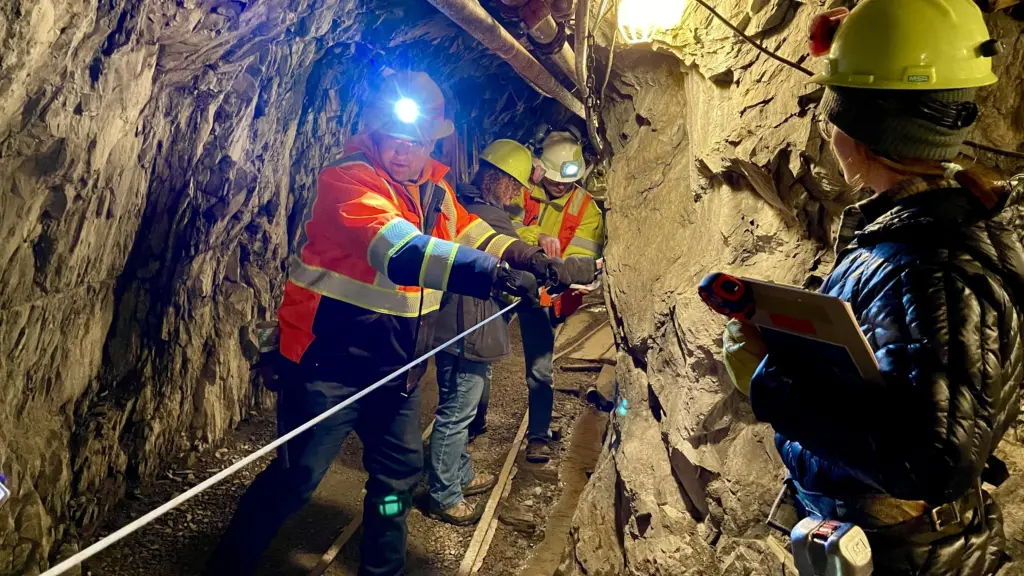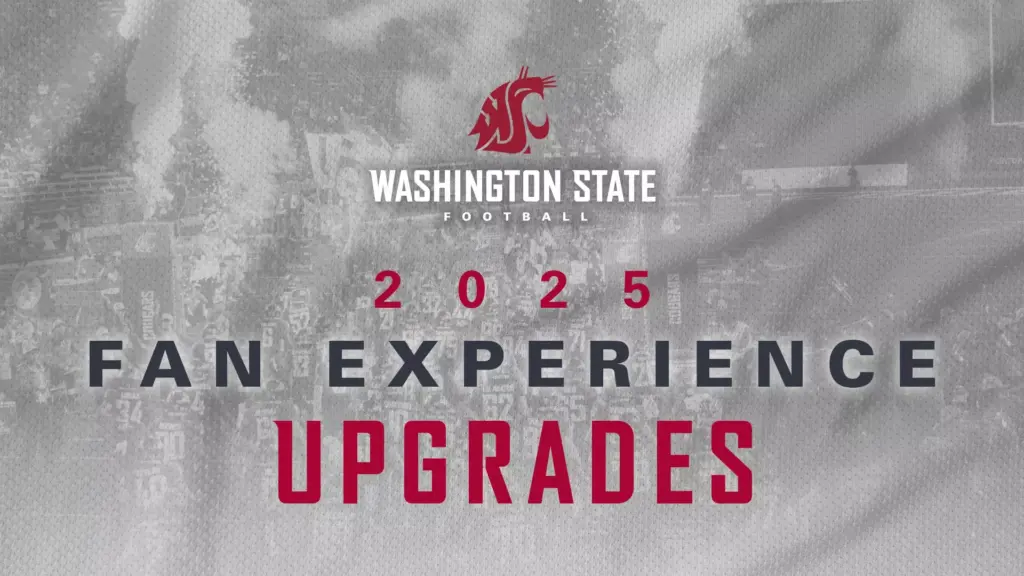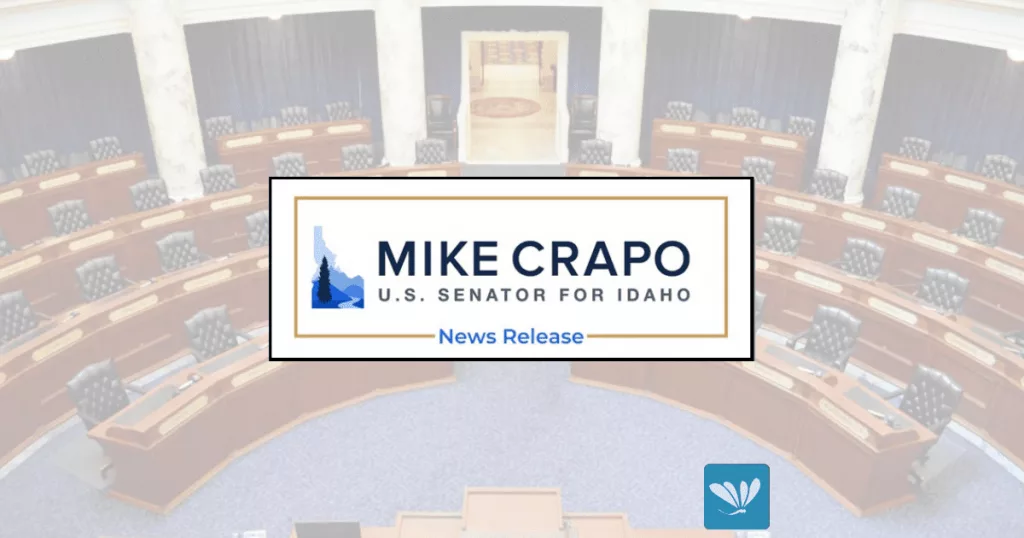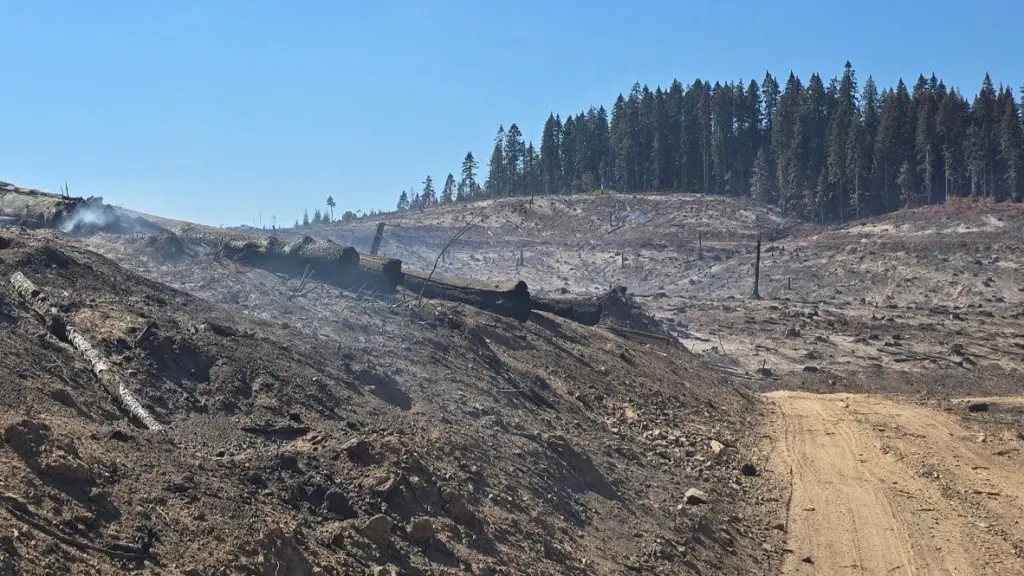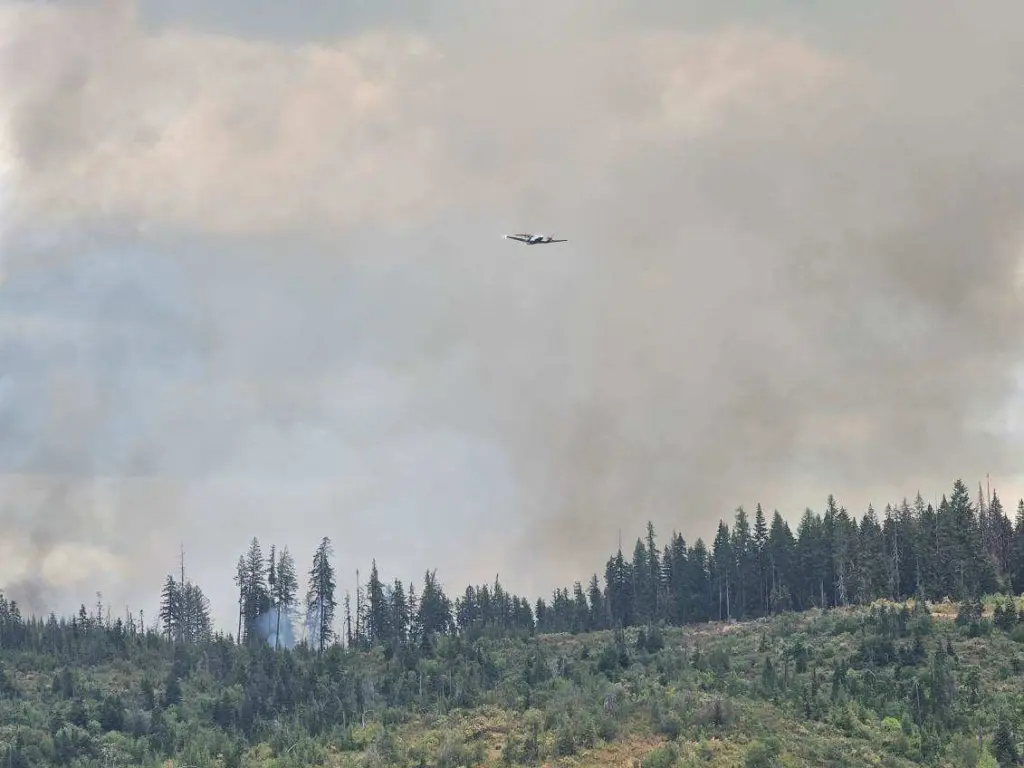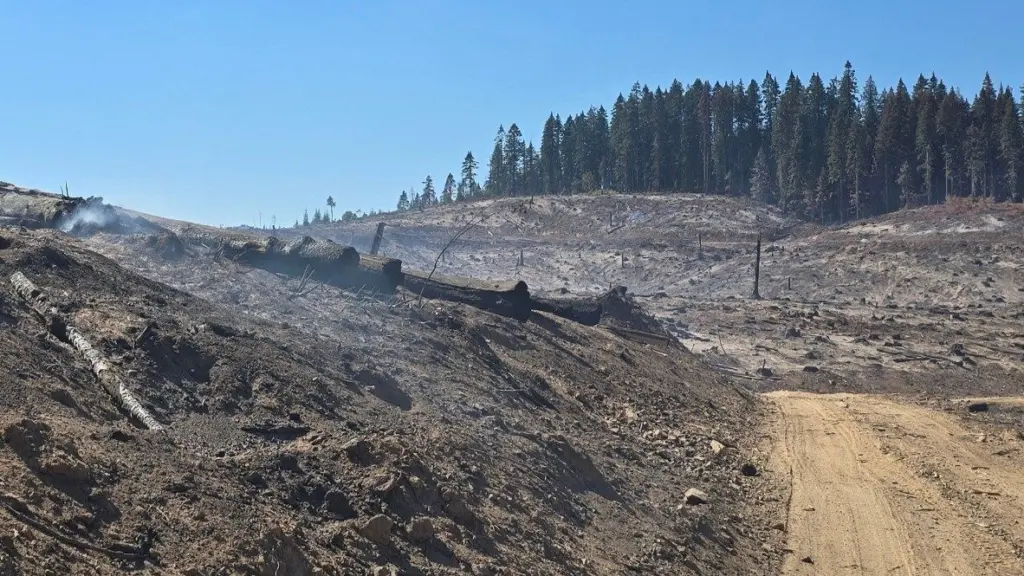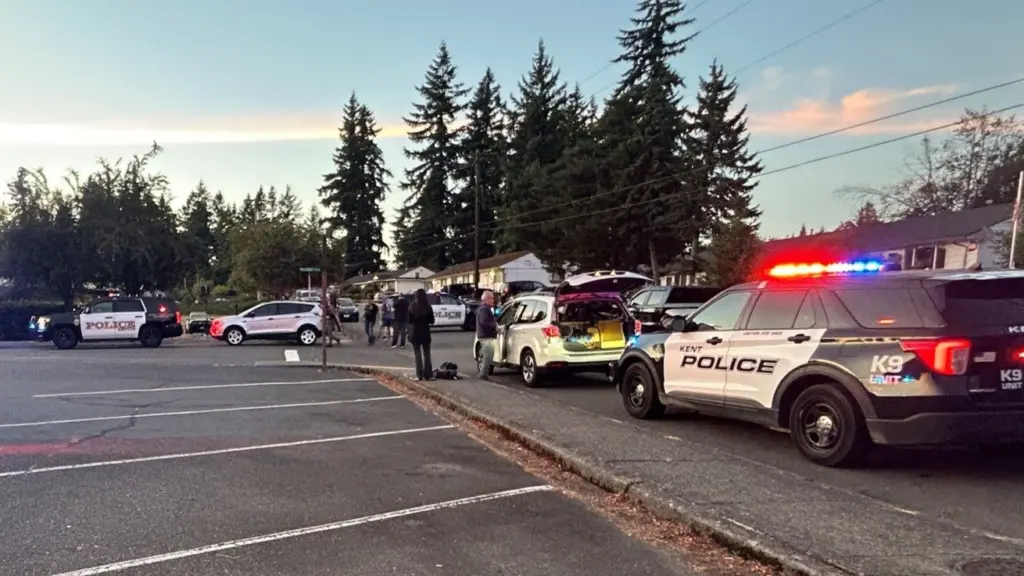MOSCOW, ID –
In a strategic partnership to support Idaho’s workforce development and economic growth, University of Idaho, North Idaho College and leaders from across the state’s mining industries are preparing students for high-paying careers in safe, efficient and environmentally responsible mining operations.
Students in North Idaho will have two paths available to attain Idaho’s only Bachelor of Science in Geological Engineering. Students can begin this fall at NIC and complete the first two years of the program before transferring to U of I to finish the degree, or they can attend all four years through U of I on the Moscow campus.
The undergraduate degree bridges the gap between engineering and earth sciences, offering courses in environmental best practices, renewable energy, natural resources, natural hazard risk mitigation, geotechnical risk assessment and modern mining practices.
“This degree is a workforce solution. It connects students directly to careers that sustain Idaho’s economy and shape the future of mining through innovation and minimizing environmental impact,” U of I President Scott Green said.
Several industry partners helped develop the degree program. University representatives visited Coeur d’Alene-based Hecla Mining Company’s Lucky Friday mine in Mullan and Sunshine Silver Mining and Refining Company’s Sunshine Mine between Kellogg and Wallace to learn about the mining industry’s upcoming workforce needs.
The Society for Mining, Metallurgy and Exploration estimates more than half of the mining workforce will retire by 2029. Bunker Hill Mining Corp. is expected to reopen its Bunker Hill Mine in Kellogg in the near future. The Sunshine Mine is expected to reopen around 2030. At full operation, the mines are expected to employ more than 200 at each location.
“Pending re-openings of two mines in the Silver Valley are what’s fueling the geological engineering degree demand,” North Idaho College President Nick Swayne said. “Working with our North Idaho communities and employers is an essential function of a community college, and we’re proud to partner with companies and the University of Idaho to help meet workforce demands.”
The new geological engineering degree program builds on U of I’s graduate offerings in geological engineering as well as mining-focused undergraduate degree emphasis areas within its geology degree, including sustainable mining and earth resources management, environmental hydrogeology and energy resiliency.
“The geological engineering degree was built in collaboration with mining industry partners,” U of I College of Science Dean Ginger E. Carney said. “With Idaho’s mining sector ramping up, this degree fills a critical workforce need for hands-on training across geology and engineering. Our graduates will be ready to step into essential roles from day one.”
Mining-related courses are available through North Idaho College, including diesel technology, mining safety and electrical apprenticeship.
The new program reenergizes longstanding history serving the needs of Idaho’s mining industry. In 2002, low enrollment and other factors forced U of I to close College of Mines, established in 1917, and some mining degree programs were closed as well.
Idaho is also rich in critical minerals essential for national security and infrastructure, reliable and affordable energy, and innovative technology. U of I leads research in more effective mining methods that better fit a modern society.
“Industry response to shifts in economic demand, emerging technologies and energy needs requires a highly skilled workforce equipped with technical expertise and a forward-thinking mindset,” U of I College of Engineering Dean Suzie Long said. “U of I and NIC are working with industry to make a smart and timely investment in the future of modern mining.”
The Spokane Valley-based American Exploration and Mining Association, a 129-year-old, 1,800-member national trade association, supports the partnership.
“We believe this approach will provide students with flexibility and affordability, drawing from a population base that is relatively close to the several hard rock mines and many other service providers in Eastern Washington, North Idaho and Western Montana,” said Mark Compton, the association’s executive director, in a statement to the Idaho State Board of Education. “Perhaps what has been most encouraging so far has been the proactive way in which faculty and leadership at both institutions have approached the mining industry.”
